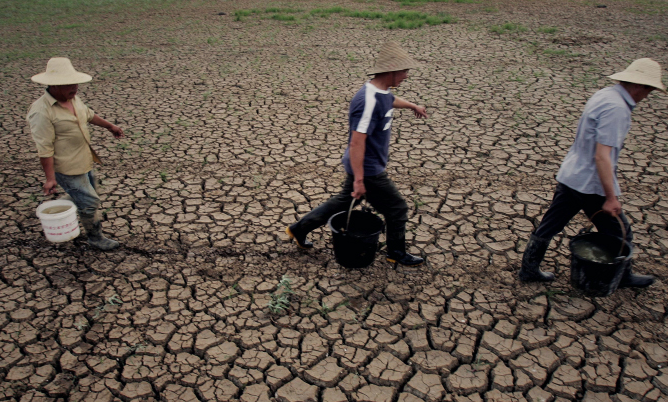 Rapid urbanization causes farmers to sell their land to reduce the cost of moving into a city. These ‘landless farmers’ are in need of social security, a program that uses public funds to provide economic support to its citizens, as they have lost their primary source of income. This is an important social issue and has attracted considerable attention in the research world, but there have been very few studies measuring the impact of social security on health-related quality of life (HRQOL) of these farmers.
Rapid urbanization causes farmers to sell their land to reduce the cost of moving into a city. These ‘landless farmers’ are in need of social security, a program that uses public funds to provide economic support to its citizens, as they have lost their primary source of income. This is an important social issue and has attracted considerable attention in the research world, but there have been very few studies measuring the impact of social security on health-related quality of life (HRQOL) of these farmers.
A recent study published in International Journal for Equity in Health indicates that satisfaction with social security policies affects the health-related quality of life of landless farmers by using the five-dimensional European quality of life (EQ-5D) scale. The study, conducted among 1,500 Chinese landless farmers, showed that over 50% of respondents were not satisfied with their current social security policy and made three major findings:
- More than 50% of respondents were in poor or non-serious health conditions and the largest proportion of these farmers were suffering from anxiety or depression
- Satisfaction with social security policies improved the respondents’ living conditions and self-care, and reduced pain, anxiety and depression
- Satisfaction of landless farmers with their social security policies positively influenced their health-related quality of life

The article uses China as an example to highlight the satisfaction of landless farmers with social security policies. Although health outcomes have been given considerable attention in previous studies, the EQ-5D scale has rarely been adopted for measuring the HRQOL of a population, particularly for analysing the effects of social security policies on landless farmers.
If you are interested in submitting to International Journal for Equity in Health, please visit the journal website, sign up to receive article alerts or contact the Editorial Office for further information.
Comments